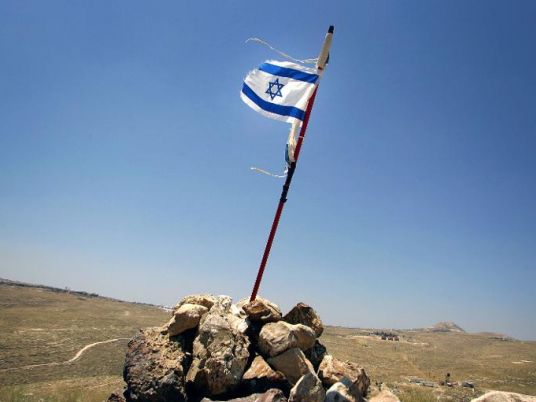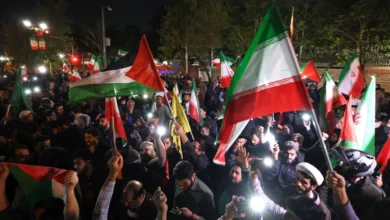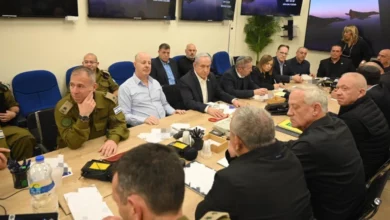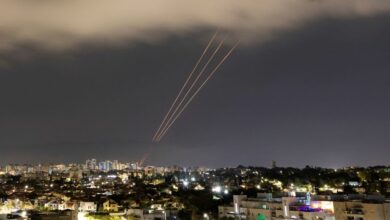
According to Egyptian political analysts, Israel is highly interested in the Nile Basin region, due to its economic, political and military significance.
The region includes Sudan, South Sudan, Ethiopia, Eritrea, Kenya, Uganda, Congo, Burundi, Rwanda and Egypt, the biggest rival of the Israeli military establishment.
In addition to the investment opportunities in these countries and their promising economies, Israel seeks influence in the area by means of agricultural projects, seeking to control the Nile River, Egypt’s only lifeline.
The latest Israeli reports say that 46 Israeli companies with a total capital of US$355 million are working in the Ethiopian agricultural sector, especially in the cultivation of sesame.
In May 2013, the Ethiopian Embassy in Israel issued a report in Hebrew about the Renaissance Dam, inviting citizens and companies to purchase bonds financing the project, which promised to yield large profits after five or ten years. In order to facilitate the procedures, investors only needed to fill out a form and submit photocopies of their passports and ID cards.
However, the offer was limited to Ethiopians living abroad and citizens of the Nile Basin countries. There are currently 136,000 Ethiopians living in Israel, bearing the Israeli nationality, which provides a safe way for Israel to own its share in the project.
The offer also stipulates that anyone who has an account at an Ethiopian bank can transfer the bonds to a third party as a gift or by inheritance, which means they could also indirectly be sold to Israeli parties.
As for the Horn of Africa, whose importance has increased due to the military operation in Yemen, analysts say that Israel has recognized the threat of Iranian influence in Bab al-Mandeb area before Arab countries did.
Knowing that Bab al-Mandab is an economic window for its trade with Asia, Israel is clearly keen to consolidate its relations with the countries of that region, managing to unify Ethiopia, Eritrea and Kenya against terrorist groups based in Somalia, as well as the Iranian influence in the area.
The Israeli army says Iran has repeatedly tried to smuggle weapons to Hamas via Red Sea, Sudan and Sinai. Also, Israeli intelligence sources often talk about intelligence operations between Israel and Iran in the Horn of Africa, which has been confirmed by the Stratfor Global Center, which said Israel has established a base in Eritrea to counter espionage and surveillance work carried out by Iran.
Israel has signed a military security agreement with Eritrea in February 1996, allowing Israel to strengthen its presence in the southern entrances to the Red Sea, specifically in the Dahlak Archipelago. This effectively translates to Israel's military presence in the Strait of Bab al-Mandab.
Israel's relationship with Eritrea began when Eritrean President Isaias Afwerki fell ill in1993 and travelled to Israel to receive treatment, as recommended by the United States. Later, Israel opened an embassy in the Eritrean capital of Asmara on March 15, 1993.
Israel also deals with Ethiopia, Eritrea, Kenya and South Sudan as a non-Islamic alliance that can counter the alliance of Sudan, Somalia and Iran.
Edited translation from Al-Masry Al-Youm




